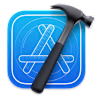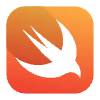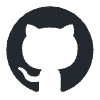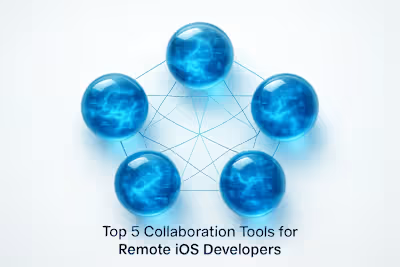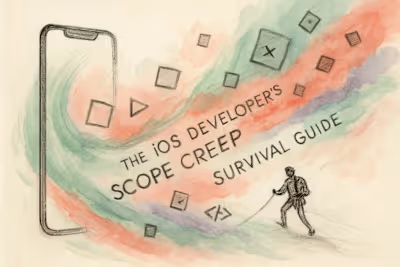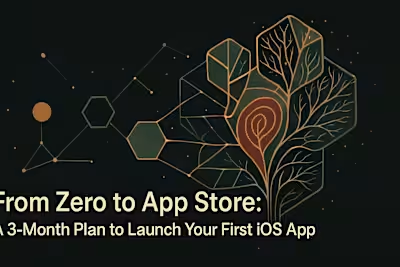Networking for iOS Developers: 8 Hacks to Get Job Referrals
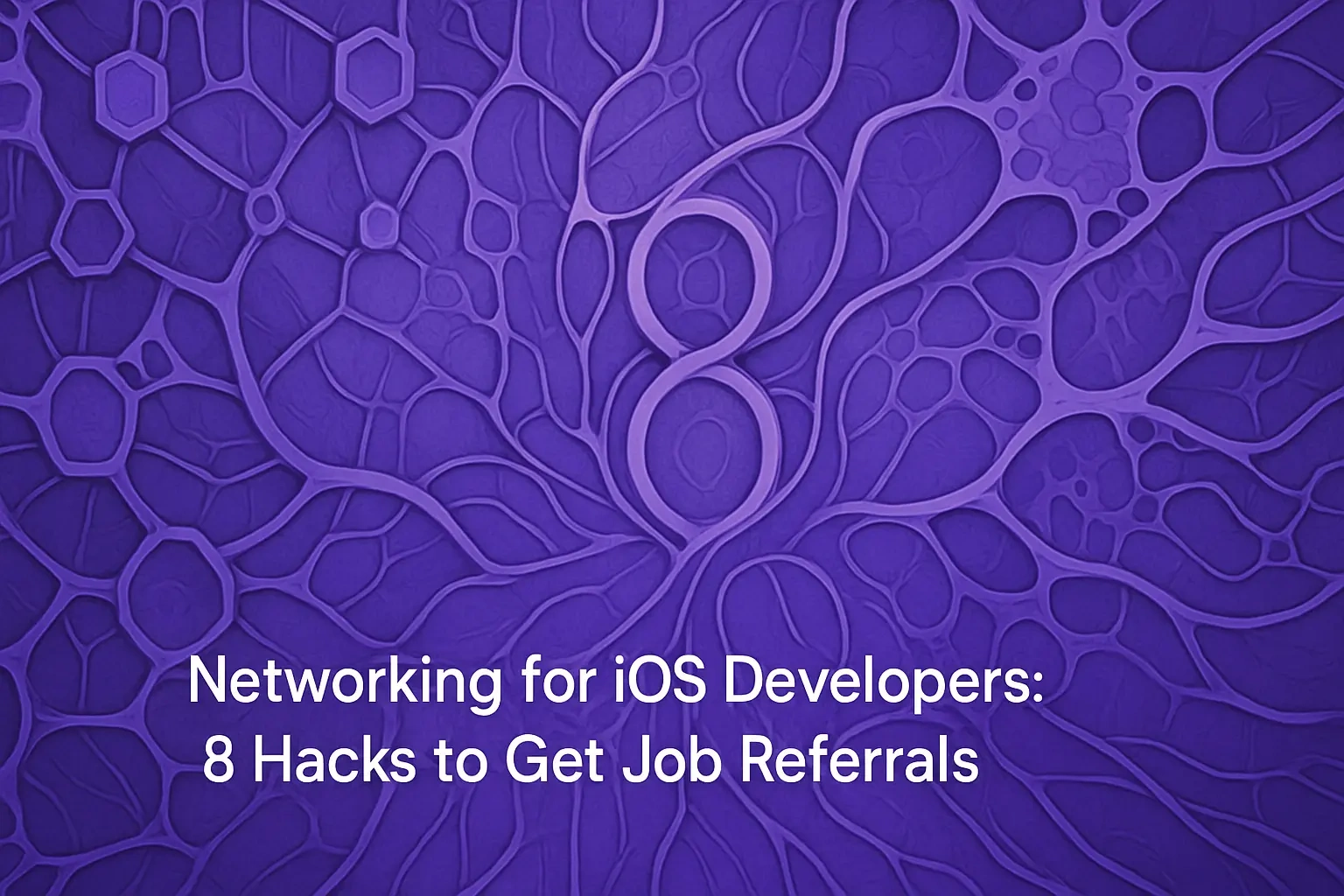
Networking for iOS Developers: 8 Hacks to Get Job Referrals
Why Networking Is a Superpower for Developers
Moving Beyond the 'I Need a Job' Mindset
The Power of Giving First
Hack 1: Optimize Your Online Presence for Connection
Craft a Compelling LinkedIn Profile
Make Your GitHub a Networking Tool
Hack 2: Engage in Online Developer Communities
Be a Problem-Solver on Stack Overflow & Reddit
Join Niche Slack and Discord Communities
Hack 3: The Art of the Informational Interview
How to Ask for a Chat
Questions to Ask to Build Rapport
The Crucial Follow-Up
More Networking Hacks for iOS Developers
Hack 4: Attend Virtual and In-Person Meetups
Hack 5: Contribute to Open Source
Hack 6: Create Technical Content
Hack 7: Reconnect with Former Colleagues
Hack 8: Use Your University's Alumni Network
Conclusion
References
Networking for iOS Developers: 8 Hacks to Get Job Referrals
Why Networking Is a Superpower for Developers
Moving Beyond the 'I Need a Job' Mindset
The Power of Giving First
Hack 1: Optimize Your Online Presence for Connection
Craft a Compelling LinkedIn Profile
Make Your GitHub a Networking Tool
Hack 2: Engage in Online Developer Communities
Be a Problem-Solver on Stack Overflow & Reddit
Join Niche Slack and Discord Communities
Hack 3: The Art of the Informational Interview
How to Ask for a Chat
Questions to Ask to Build Rapport
The Crucial Follow-Up
More Networking Hacks for iOS Developers
Hack 4: Attend Virtual and In-Person Meetups
Hack 5: Contribute to Open Source
Hack 6: Create Technical Content
Hack 7: Reconnect with Former Colleagues
Hack 8: Use Your University's Alumni Network
Conclusion
References
Posted Jul 6, 2025
Unlock the hidden job market. Learn 8 networking hacks for iOS developers to build meaningful connections and secure valuable job referrals.

